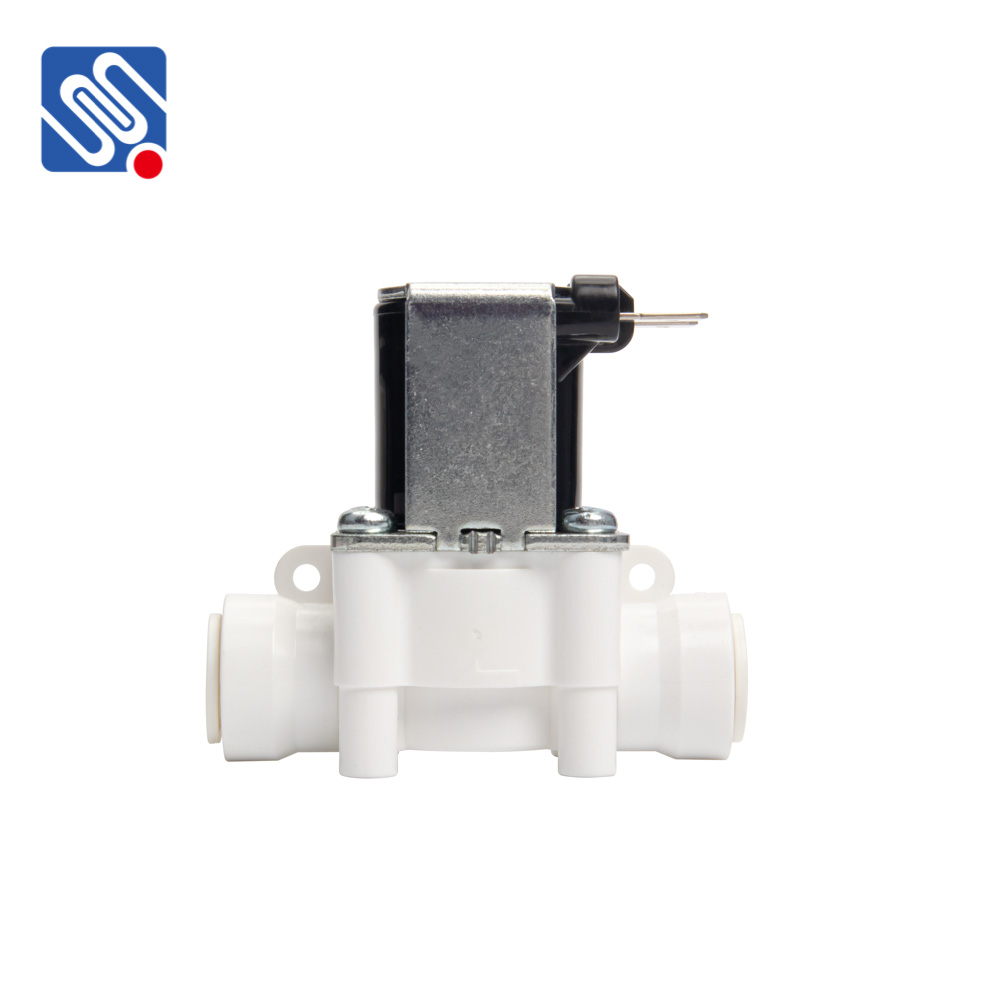The Filtration System Solenoid Valve is an essential component in various fluid control systems, widely used in industries ranging from water treatment to chemical processing. It provides automated control over the flow of liquids and gases, ensuring the efficient operation of filtration systems by enabling or disabling fluid flow as needed. In this article, we will explore the key features, operation principles, and applications of Filtration System Solenoid Valves to highlight their significance in modern industrial systems.

What is a Filtration System Solenoid Valve? A Filtration System Solenoid Valve is an electrically controlled valve used to regulate the flow of fluids in filtration systems. It operates by using an electromagnetic coil that, when energized, opens or closes the valve to control the flow of the fluid passing through it. This solenoid valve can be installed in a variety of filtration systems, whether for water, oil, gas, or chemical solutions, to manage the flow of contaminants and ensure that only clean, filtered fluids reach the downstream processes. How Does a Filtration System Solenoid Valve Work?